
Should We Fertilize Oceans or Seed Clouds? No One Knows.
Gather scientific evidence on the feasibility and risks of marine geoengineering to guide regulation of research, advise Philip Boyd and Chris Vivian.
Read or listen offline
Recommendation
While dozens of marine geoengineering projects have been proposed to tackle global warming, none has been deployed on the massive scale necessary to make a difference. The risk of catastrophic results is amplified by a lack of solid scientific data. Moving forward, researchers must build a solid, shared database, catalog drawbacks and benefits, develop a specific methodology, and work under vigilant policymaker oversight. This Nature article will remind readers that, while climate change is a critical issue, people must not make the situation worse by harming the oceans.
Take-Aways
About the Authors
Philip Boyd is professor of marine biogeochemistry at the Institute for Marine and Antarctic Studies, University of Tasmania. Chris Vivian is a former national marine adviser at the Centre for Environment, Fisheries and Aquaculture Science, UK.








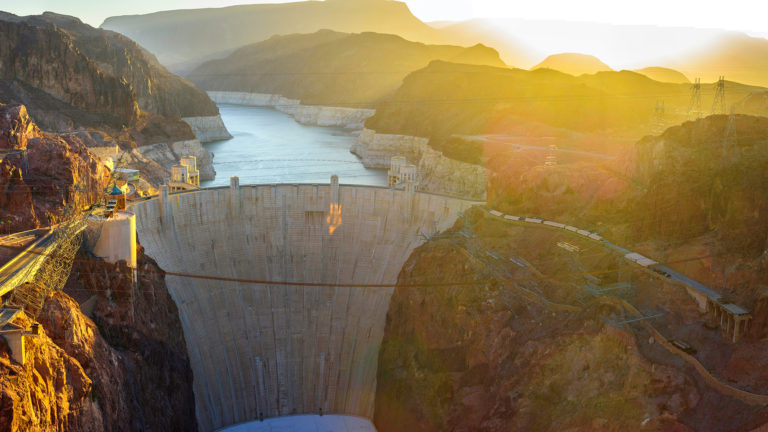

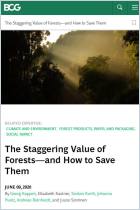
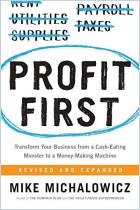
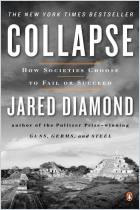
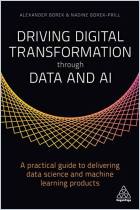
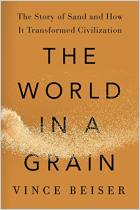

Comment on this summary or Comenzar discusión